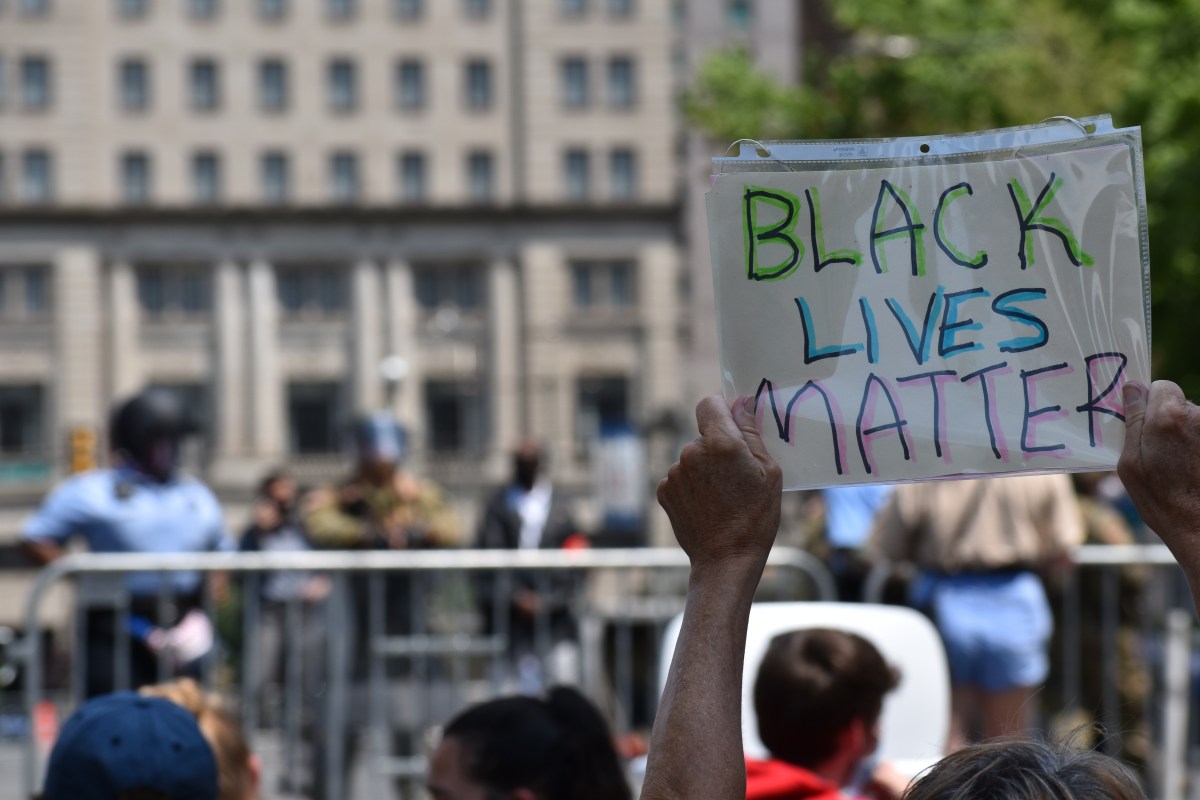By Stella Qiu and Se Young Lee
BEIJING (Reuters) – China said on Tuesday it would accept applications for new tariff exemptions for 696 products imported from the United States including key agricultural and energy products such as pork, beef, soybeans, liquefied natural gas and crude oil.
The exemptions, the third and the most substantial set to be granted to date by China since the start of the trade dispute with the United States, come a month after the signing of a Phase 1 trade deal between Washington and Beijing. China has committed to boosting its purchases of goods and services from the United States by $200 billion over two years.
Other products subject to exemption on additional tariffs imposed during the escalation of the bilateral trade dispute include denatured ethanol and some wheat, corn and sorghum. Some medical devices and metals including copper ore and concentrates, copper scrap and aluminum scrap are also subject to exemption, China’s finance ministry said in a statement.
The exemptions come amid a coronavirus epidemic that has seriously disrupted the world’s second-largest economy. Authorities throughout the country imposed major restriction on travel and transportation to curb the spread of the virus, which has killed nearly 1,900 and infected more than 70,000 in the country.
Some U.S. officials and analysts have raised questions about China’s ability to meet the purchasing commitments specified in the Phase 1 trade deal due to the coronavirus.
The virus outbreak, which was first detected in the central city of Wuhan in December, has kept factories shut or operating with drastically reduced staffing. The public has also been discouraged from leaving their homes or going to public places, also stunting consumption.
Firms seeking exemptions on the additional tariffs on U.S. products can submit applications from March 2, the finance ministry said. Any exemption granted will be valid for one year.
(Reporting by Stella Qiu, Dominique Patton, Hallie Gu, Tom Daly, Min Zhang, Yawen Chen and Lusha Zhang; Writing by Se Young Lee; Editing by Jacqueline Wong)




















